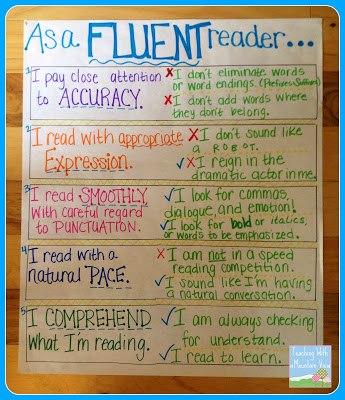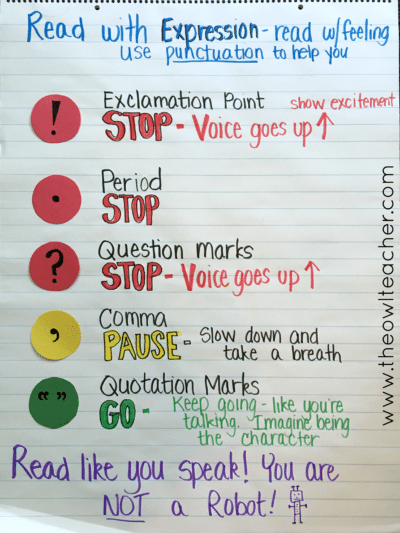Creativity in English Language Teaching
https://m.vk.com/
https://m.vk.com/
Visite o nosso Grupo para " PROFESSORES DE INGLÊS". Várias apostilas e novidades na área de LEM - INGLÊS. https://www.facebook.com/groups/concursoprofessoringles/


| Bargain in English How to Negotiate Job Interviews in English Get advice to help you succeed in interviews Talk About Travel in English A conversation about a trip | Talk About Kites Discuss interests in English Discuss Gift Giving in English Learn about cultural differences Talk About Chinese Medicine |
| Visiting a Primary School Talk about schools in English A New Job Using English Learn about English on the job Planning Summer Vacation Talk about the future in English Discussing a Trip Talk about travel in English Talk About Hiking Talk about interests in English Anniversary Talk about events in English Talk About Favorite Places Discuss preferences in English Talk About Ultimate Frisbee Discuss sports in English Happy Holidays! Talk about customs in English | Talk About English Karaoke Discuss fun in English Discuss the Beijing Olympics Talk about the future in English Taking Taxis Talk about getting around Surfing the Internet Talk about interests in English Talking About a Tennis Lesson Discuss sports in English Photos in the Park Talk about interests in English Silicon Valley? Talk about a city Apartment Search Talk about daily life in English See more at: http://www.teacherjoe.us/NYBJ.html |